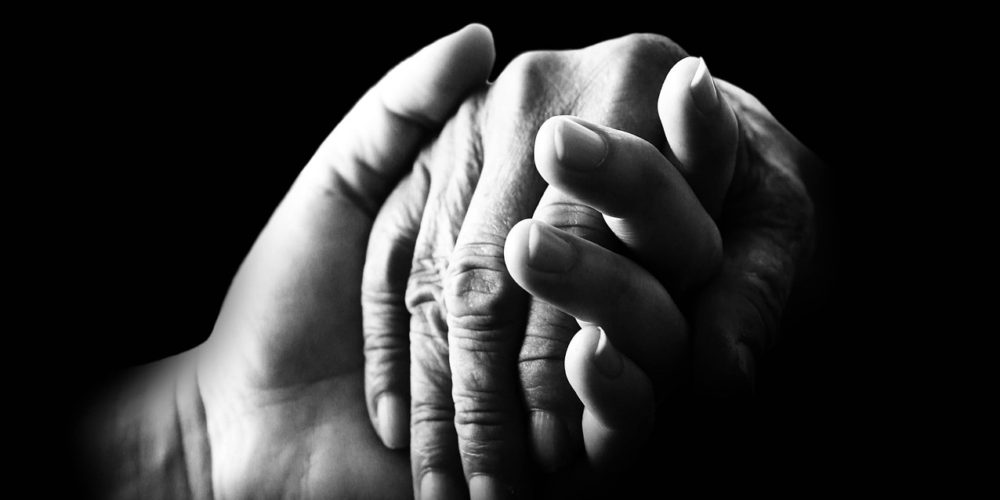Kindness, the underrated virtue

Why are some people so important in our lives? Who is it we remember with fondness long after they are gone? What counts when we measure a life?
When my grandfather passed away, I was living overseas. I returned to Nairobi for the funeral, and when the body was brought home for final prayers, a large throng of unusual people from the neighbourhood came to our house. They were not friends or relatives, mind; they were local businessfolk. They ran the kiosks and vegetable stalls in the neighbouring lanes and alleys. They had come to pay their respects to my grandfather, who was a regular customer.
What was very noticeable, however, was how upset they were at his passing. When walking past my grandfather’s body to pay their final respects, many fell to their knees and cried. I was shaken to see that many of these ‘outsiders’ felt a loss as acute as close family members did.
I knew why, though. My grandfather was not just an ordinary customer. When he went to buy, he also went to give. He would invariably have something for pretty much every child he found in his path. He would listen to all the hawkers’ problems and offer advice and counsel. He would give soft loans out freely – so soft that he would often not even follow up on repayments. He was the same at his place of work. Pretty much every employee of his also turned up to mourn, with family members in tow.
When he passed on, ‘his’ people – the community of vendors and tradesmen, and those who had passed through his employment and care – came to pay their last respects, and cried as though they had lost their own grandfather.
What do we value most in others? Is it their charisma? No, because that can be ugly as well as attractive. Is it their intelligence? Brainpower is a powerful and necessary thing, but it can be a force for darkness as well as one that sheds light. Is it accomplishments and advancements that we should value in others? We can respect and admire success, certainly – but it can also leave us cold and insecure.
Beauty always catches the eye, but it is only skin-deep and fickle. Confidence can be reassuring and cause us to follow those who exude it, but it can be a shallow facade, or something that leads to catastrophic errors when present in over-abundance.
If you think hard about that scarce quality that is ultimately most moving in the human being, I think you will conclude that it is kindness.
Yes, the bold and the truculent can move and shake things. The attractive and the romantic can make our spirits soar. The calm and the thoughtful can solve our problems. The lively and the humorous can lift our gloom on days of melancholy. The strong and the dependable can give us their shoulders to lean on. All of these traits are useful to have present in the ever-changing mix of our lives.
But when the party is over and the dust has settled and the hard and long work of living must be done, what do you want beside you and around you as you journey through this existence? I think you want kindness.
Kind people are often the ones we notice least. Our eyes are caught by the pretty ones; our minds are excited by the clever ones; our nerves are calmed by the strong ones. Real kindness is often quiet, and so it passes beneath our notice. But in the end it is the most enduring characteristic.
The kindness can take many forms. Sometimes it is a listening ear. At other times it is advice and reassurance. It could be sympathy we impart, or empathy. It could be the time taken out of our own lives to be of help. It could be something lent, or something gifted. It could be as simple as a smile or an appreciation.
I find it hard, this kindness thing. I wish I were more naturally and instinctively kind, as my grandfather was. It is easy to get lost in oneself and forget the collective. It is easy to fall into cynicism about the base motivations of the humans around us. And yet we must jerk ourselves back into generosity, or we will negate the meaning of our brief lives.
How can we make kindness a daily habit in our lives? I will offer more thoughts here next week.
(Sunday Nation, 25 February 2018)

Buy Sunny Bindra's new book
The X in CX
here »
Popular Posts
- The pause that saves usJune 8, 2025
- Where are you rushing to—your funeral?June 29, 2025
- How to spot a real thinkerJune 15, 2025
- Built the app, forgot the flowJune 22, 2025
- The first push is the hardestJune 1, 2025















